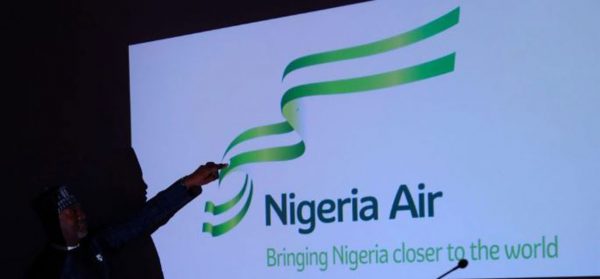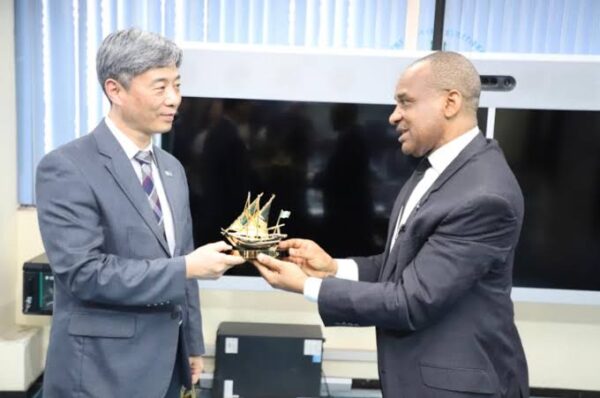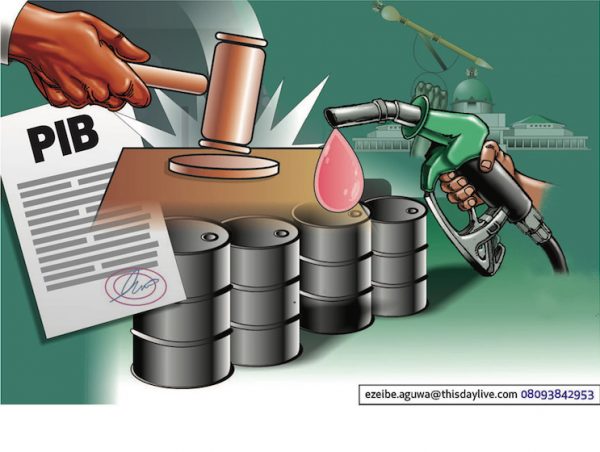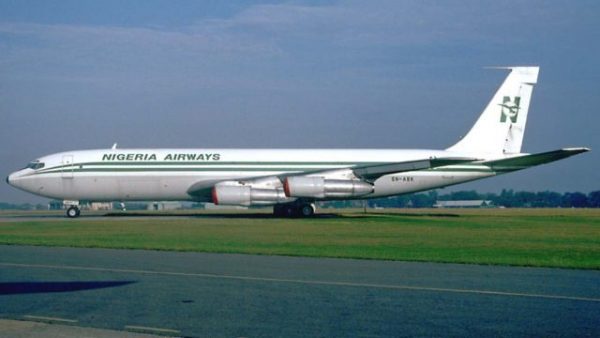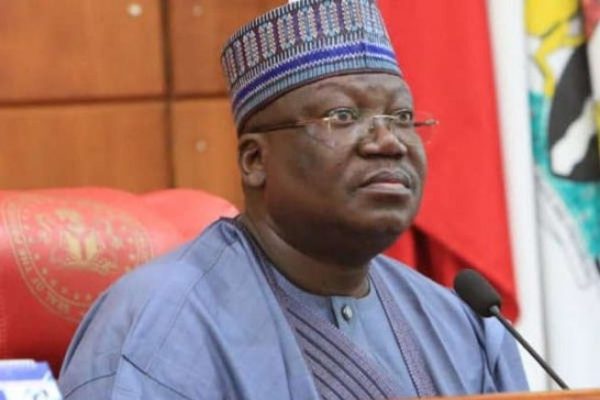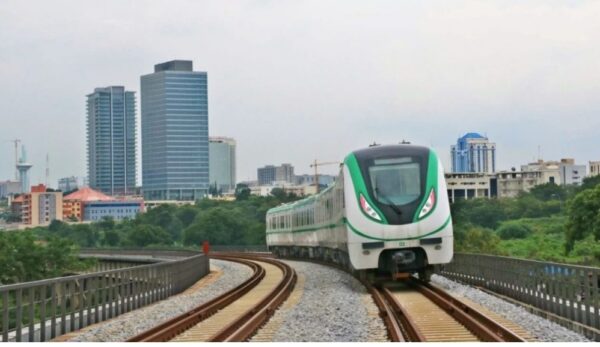Indigenous Airline Operators Stage Opposition Against Nigeria Air
- FG seeks N1.2bn for Enugu TTP
- Kogi donates 40 hectares, needs N4.8bn
Meanwhile, the Truck Transit Park(TTP) project initiative in the country has got a boost with the presentation of the Outline Business Case(OBC) compliance certificate on the Obollo –Afor TTP to the Nigerian Shippers’ Council(NSC) by the Infrastructure Concession Regulatory Commission(ICRC) .
In what seems a collective stand of the local airline operators in Nigeria, the Public Relations Manager of Air Peace, Chris Iwarah, told MMS Plus, “It will be unfair for anybody to utilize public funds to support some category of investors. It will be discrimination and against the laws of the country. Everybody who is a Nigerian must be treated on the same platform. You cant create a group of special investors.”
Calling for a level playing ground for all investors, Iwarah noted, “ If anything, it is those who have invested in the sector without any aid or grant and at a certain time when the sector was showing no hope or prospects for profitability that should be encouraged. Investors like Air Peace who dared to take the risk to invest in the aviation sector deserve more support from the government.”
However, he added that a “level playing field must be created for every operator in the aviation sector when Nigeria Air comes onboard. If Nigeria Air is 95% private sector driven, it would be inappropriate to take the monies Air Peace pays as tax to support Nigeria Air against Air Peace”.
According to him, the local operators support the initiative, Nigeria Air , adding, “ In fact, at Air Peace. We have been advocating that government should come in to support the industry but the support must be across board. For instance, if the government is giving any player in the industry N50million, the government should give Air Peace N50million and any other airline the same N50million. If the government does this, there would be no crisis in the sector. However, I can assure you that Air Peace isn’t threatened by any organization because we believe we have a business model that is unrivalled and we are ready to ride on that to achieve success. People are already amazed at our rapid success in just four years.”
The recent unveiling of the proposed new Nigeria Air in London by the Minister of State for Aviation, Mr. Hadi Sirika has elicited thunderous comments, especially over the finance model which is a mixture of government budgetary provision, private equity debt management and finance syndication from a consortium of regional and international banks.
ICRC came to the rescue of the Minister to explain the ambiguity and absurdity veiling the national carrier feasibility . Of about $300 million funding estimate for the entire airline start-up operations in 2018, the ICRC said the federal government will provide $55 million upfront grant/viability gap funding.
Out of the amount, $8 million would take care of acquisition of offices for the official take-off of operations, cash flow requirements, payment of commitment fees for aircraft to be leased for initial operations and deposit for new aircraft.
The airlines’ financial model shows about $100 million would be required for 2019 operations and $145 million for 2020, with the remaining financing to be determined by equity contributions expected from the strategic equity partners.
To be modeled after the Nigeria LNG joint venture structure, the ICRC said at start-up government would own majority equity in Nigeria Air Limited, with management to be concessioned to the strategic equity investor.
After one year of operations, government would be expected to divest her equity by issuing an initial public offer (IPO) approved by the Securities and Exchange Commission for Nigerians acquire shares in the airline.
“Government will retain only 5% equity (after the IPO), while the rest of 95% equity will be owned by the strategic equity investor and the general public,” the commission said.
To enable the airline benefit from the bilateral air services agreements (BASA) and other such agreements requiring local beneficial ownership as a condition, the law expects Nigerians to own majority stake in the company.
To become fully operational as a public-private partnership (PPP), the company is expected to develop through three stages, namely development, procurement and implementation.
The development stage was recently concluded with the approval of the outline business case and the issuance of a certificate of compliance by the ICRC.
During the procurement stage, requests for qualification (RFQ) and proposal (RFP) would be issued to pre-qualify and select PPP partner, after which information memorandum and RFP bidding process would be published.
“It is only after the PPP procurement process that the strategic equity investor will be known. At that point, Nigeria Air Ltd will become a public company subject to SEC, NSE and relevant CAMA rules for public companies,” the Commission said.
To ensure its viability, the ICRC said the Federal Ministry of Transportation would facilitate a Bill to be sponsored in the National Assembly for an Act making it mandatory for public officials to use the airline for their official trips.
“The Act will demand that any official travelling on a ticket bought with public funds must travel on a Nigerian carrier, unless the route is not served by a Nigerian carrier,” the commission said.
In another development, Presenting the certificate on Thursday in Abuja, the Acting Director-General of ICRC, Dr. Chidi Izuwah said the commission would keep an eye on the projects throughout their life circle.
With this exercise, NSC as the project facilitator now seeks concessionaires under Public Private Partnership(PPP) arrangement to invest in the project whose actual cost has been determined to be N1.2 billion
Enugu State government had donated 17 hectares of land for the project while the Kogi State government had also given 40 hectares of land for the development of the ultra-modern transport infrastructure estimated to provide 15,000 jobs in their various locations. Meanwhile, as the OBC for Lokoja location is expected, a feasibility report on it says that it needs N4.8billion for its take –off.

